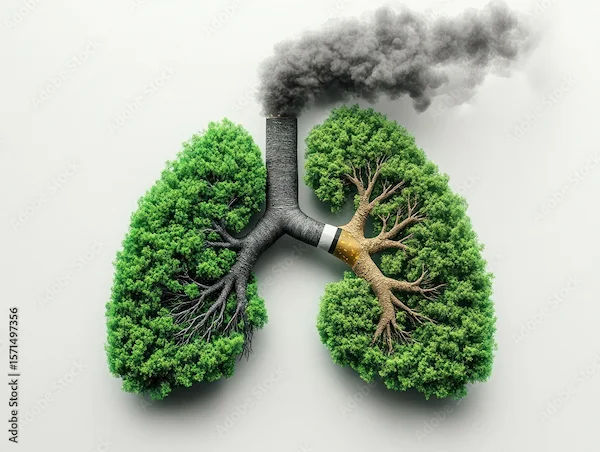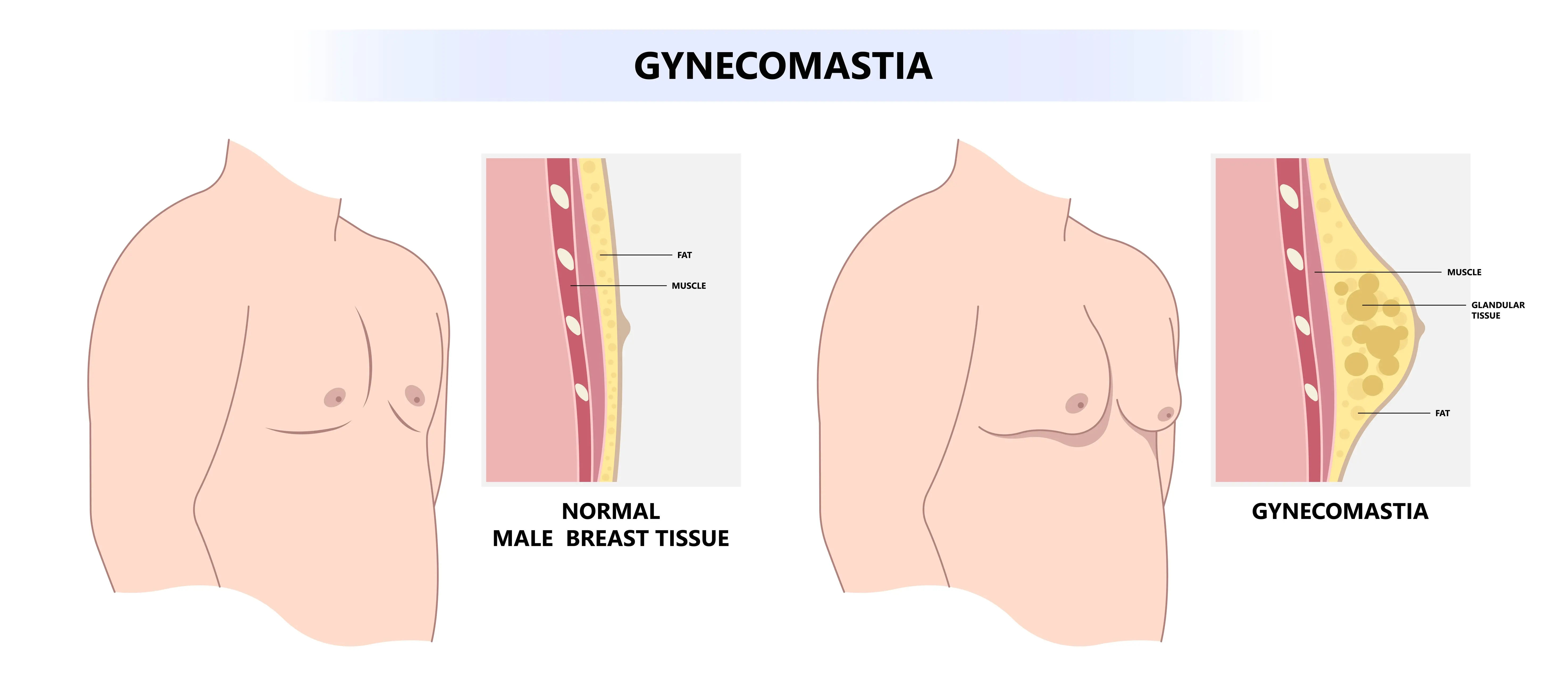Diabetes Insipidus Overview Symptoms and Treatment
Know about diabetes insipidus, symptoms, causes, diagnosis and treatment options. Learn about the lifestyle and dietary tips for diabetes insipidus.

Written by Dr. J T Hema Pratima
Reviewed by Dr. D Bhanu Prakash MBBS, AFIH, Advanced certificate in critical care medicine, Fellowship in critical care medicine
Last updated on 26th Aug, 2025

Introduction
Living with a condition like Diabetes Insipidus (DI) can be challenging, but understanding it better can help you manage it effectively. Unlike the more common Diabetes Mellitus (Type 1 or Type 2), Diabetes Insipidus is a rare disorder that affects the kidneys' ability to balance fluids in the body.
In this article, we’ll break down what Diabetes Insipidus is, its symptoms, causes, and treatment options—all in simple, easy-to-understand language.
What is Diabetes Insipidus?
Diabetes Insipidus occurs when your body cannot properly regulate water balance, leading to excessive thirst and frequent urination. This happens due to problems with vasopressin (antidiuretic hormone - ADH), a hormone that helps the kidneys retain water.
There are four main types of Diabetes Insipidus:
• Central DI – Caused by damage to the pituitary gland or hypothalamus, reducing ADH production.
• Nephrogenic DI – Kidneys don’t respond properly to ADH, even if it's present.
• Dipsogenic DI – Excessive water intake suppresses ADH (often linked to mental health conditions).
• Gestational DI – Occurs during pregnancy when an enzyme from the placenta breaks down ADH.
Consult the Best Endocrinologist for Personalised Advice
Symptoms of Diabetes Insipidus
The most common signs include:
• Extreme thirst (even after drinking water)
• Frequent urination (large amounts of pale, diluted urine)
• Waking up multiple times at night to urinate
• Dehydration (dry mouth, dizziness, fatigue)
• Electrolyte imbalance (muscle weakness, headaches)
If left untreated, severe dehydration can lead to low blood pressure, confusion, and even seizures.
What Causes Diabetes Insipidus?
The causes depend on the type:
• Central DI: Head injury, brain tumours, infections (meningitis, encephalitis), or genetic factors.
• Nephrogenic DI: Kidney disease, certain medications (lithium, some antibiotics), or genetic mutations.
• Dipsogenic DI: Excessive fluid intake due to psychological conditions.
• Gestational DI: Temporary condition during pregnancy.
How is Diabetes Insipidus Diagnosed?
If you experience symptoms, your doctor may recommend:
• Urine Test – Checks for diluted urine (low concentration).
• Blood Test – Measures sodium and ADH levels.
• Water Deprivation Test – Monitors urine output when fluids are restricted.
• MRI Scan – If a brain-related cause is suspected.
Treatment Options for Diabetes Insipidus
Treatment depends on the type:
1. Central DI
• Desmopressin (DDAVP) – A synthetic hormone that replaces ADH (available as a nasal spray, tablets, or injections).
2. Nephrogenic DI
• Low-sodium diet – Helps reduce urine output.
• Medications – Thiazide diuretics or NSAIDs to improve kidney response.
3. Dipsogenic DI
• Behavioural therapy – Helps control excessive water intake.
4. Gestational DI
• Usually resolves after childbirth, but desmopressin may be used if needed.
Lifestyle and Dietary Tips
The lifestyle tips include:
• Stay Hydrated – Drink enough water to prevent dehydration.
• Limit Salt & Processed Foods – Helps reduce excessive urination.
• Monitor Symptoms – Keep track of urine output and thirst levels.
• Avoid Alcohol & Caffeine – These can worsen dehydration.
When to See a Doctor?
If you notice:
• Extreme thirst and frequent urination that disrupts daily life.
• Signs of dehydration (fatigue, dizziness, confusion).
• Sudden weight loss or persistent headaches.
Early diagnosis and treatment can prevent complications.
Final Thoughts
Diabetes Insipidus is manageable with the right treatment and lifestyle adjustments. If you or a loved one experiences symptoms, don’t hesitate to seek medical help. With proper care, you can lead a healthy, active life.
Consult the Best Endocrinologist for Personalised Advice

Dr. Shruthi B
Endocrinologist
20 Years • MBBS,MD ( GEN MED) DM (ENDOCRIONOLOGY)
Bengaluru
Apollo Clinic, JP nagar, Bengaluru

Dr. Shrikrishna V Acharya
Endocrinologist
25 Years • MBBS, MD, DM(Endocrinology), MRCP (Endocrinology)
Bengaluru
Apollo Clinic, JP nagar, Bengaluru

Dr. Anand Ravi
General Physician
2 Years • MBBS
Bengaluru
PRESTIGE SHANTHINIKETAN - SOCIETY CLINIC, Bengaluru

Dr. Chaithanya R
Internal Medicine Specialist Diabetologist
16 Years • MBBS, MD Internal Medicine, Fellowship in Diabetes(UK), CCEBDM(PHFI)
Bangalore
Apollo Clinic Bellandur, Bangalore

Dr. Nupur Tandon
General Physician/ Internal Medicine Specialist
16 Years • MBBS, PG DIPLOMA IN Diabetes Management, Specialist in diabetes and thyroid disorders (CCEBDM)
Bengaluru
Apollo Clinic, Sarjapur Road, Bengaluru
(25+ Patients)
Consult the Best Endocrinologist for Personalised Advice

Dr. Shruthi B
Endocrinologist
20 Years • MBBS,MD ( GEN MED) DM (ENDOCRIONOLOGY)
Bengaluru
Apollo Clinic, JP nagar, Bengaluru

Dr. Shrikrishna V Acharya
Endocrinologist
25 Years • MBBS, MD, DM(Endocrinology), MRCP (Endocrinology)
Bengaluru
Apollo Clinic, JP nagar, Bengaluru

Dr. Anand Ravi
General Physician
2 Years • MBBS
Bengaluru
PRESTIGE SHANTHINIKETAN - SOCIETY CLINIC, Bengaluru

Dr. Chaithanya R
Internal Medicine Specialist Diabetologist
16 Years • MBBS, MD Internal Medicine, Fellowship in Diabetes(UK), CCEBDM(PHFI)
Bangalore
Apollo Clinic Bellandur, Bangalore

Dr. Nupur Tandon
General Physician/ Internal Medicine Specialist
16 Years • MBBS, PG DIPLOMA IN Diabetes Management, Specialist in diabetes and thyroid disorders (CCEBDM)
Bengaluru
Apollo Clinic, Sarjapur Road, Bengaluru
(25+ Patients)


 for Health.webp)

